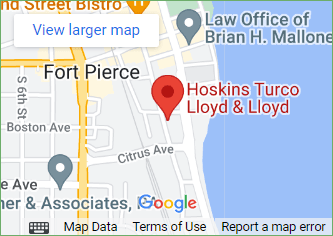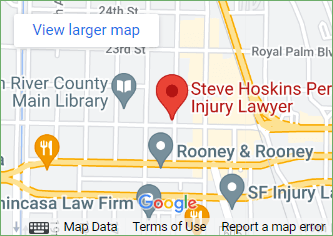Florida’s law requiring car seats for children is the most lax in the nation, AAA officials say, and the group is pushing lawmakers to adopt more rigorous standards that many claim would save lives and prevent disabling injuries.
Current state law requires only that children up to age 3 be secured in a car seat. Children ages 4 and 5 may be placed in a car seat or booster seat — but, unlike most states, they don’t have to be. Florida law says a seat belt will suffice.
“It’s tragic that kids are getting killed and injured when there’s such an easy, preventable way to stop it,” said State Rep. W. Keith Perry, R-Gainesville, who is sponsoring an AAA-backed booster-seat bill in the Florida House. “Kids don’t have a voice, but I think most parents would make the right choice if they knew what that was. Part of my goal is education.”
–>
His bill, like a companion bill in the Florida Senate, would require children to be restrained in a car seat or booster seat through age 7 or until the child reaches 4 feet, 9 inches tall.
Already, the American Academy of Pediatrics recommends rear-facing car-safety seats for children up to age 2, forward-facing car safety seats for most children through age 4, belt-positioning booster seats for most kids through age 8, and lap-and-shoulder seat belts for kids who have outgrown booster seats. In all cases, the academy recommends, anyone under 13 should ride in the back seat, which is generally safer.
Motor-vehicle crashes are the leading killer of children age 14 and under. In 2011, the most recent statistics available, more than 650 children age 12 and under died in vehicle crashes across the country, and more than 148,000 were injured. According to the federal Centers for Disease Control and Prevention, about a third of those kids were not restrained by seat belts or car seats.
Using a car seat reduces the risk of death for infants under a year old by 71 percent, and for toddlers by 54 percent, the CDC reports. Using a booster seat for children age 4 to 8 cuts their risk of serious injury by nearly half by positioning the belt across the shoulder and lap rather than the child’s neck and stomach.
AAA has lobbied to pass similar legislation in Florida for years without success. In 2001, the law overwhelmingly passed in both the state House of Representatives andSenate — but was vetoed by then-Gov. Jeb Bush, who said that it would be difficult to enforce and might impose an unfair hardship on low-income families. The governor also said he favored parents, not government, taking responsibility for protecting children.
Perry acknowledges that similar sentiment persists, but he counters, “We’re not coming up with some new requirement. It’s simply modifying the law to be more effective for kids.”
And Morgan said the nation’s embrace of car seats has strengthened considerably since 2001. “Now every other state has a stronger law,” she said. “And there are several places that people can go to get [free or low-cost] car seats for their children — hospitals, fire stations, AAA.”
Too, the tougher standards have support from the National Highway Traffic Safety Administration and the Florida Emergency Nurses Association.
“We have to deal with the aftermath of children involved in crashes who have not been properly restrained,” said Penny Blake, an emergency nurse who chairs the association’s government affairs committee. “We are the ones who have to try to save the child’s life or organs and who have to comfort the parents — many of whom feel guilty. They did not know that something as simple as a booster seat might have made all the difference.”
On the other hand, because so many authorities now recommend car seats and booster seats for children up to 4-feet, 9-inches tall, some Florida parents assume it’s already the law here.
“I thought you had to put them in a booster seat until age 7,” said Eric Sutton, an Orlando father of two boys under age 5. “The 4 1/2-year-old just graduated to a booster seat three months ago — and there’s no way I’m letting him ride without that for a very long time.”




